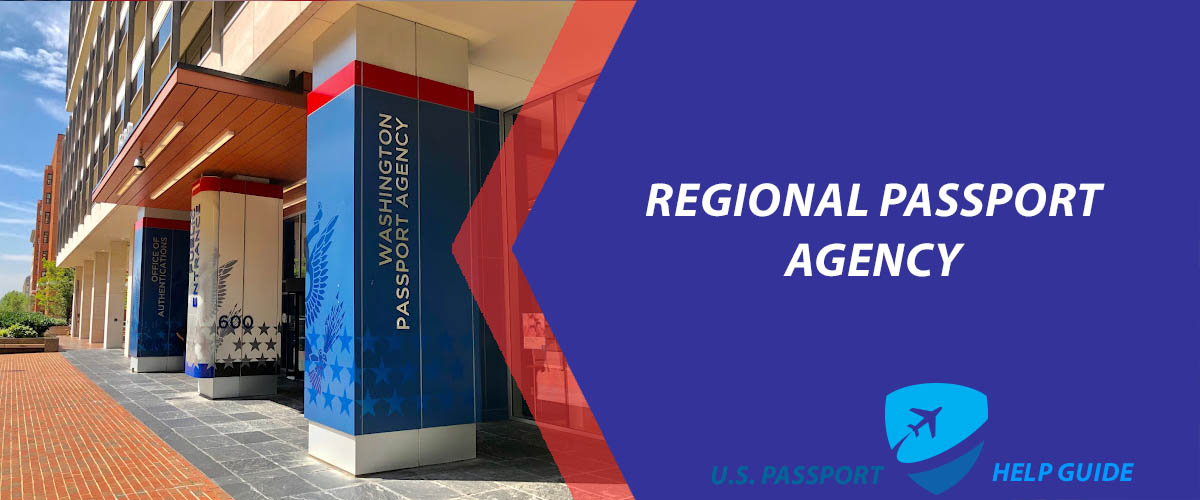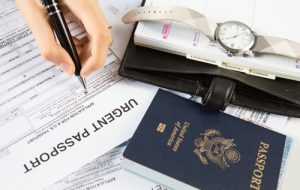Countries a Convicted Felon Can Visit: Travel Options Post-Conviction

/ 5 Stars read 5 min
Traveling with a criminal record can pose unique challenges, particularly for those who have been convicted of a felony. While some destinations allow entry without a passport, thus simplifying travel for U.S. citizens with a felony, there are numerous countries where travel restrictions are more stringent.
Entry requirements for convicted felons can vary significantly from one country to another, with some nations requiring both a passport and a visa, and others potentially denying entry based on criminal records.
When a visa is mandatory for entry, individuals with a felony may find their past convictions can influence the application outcome. This underscores the importance of understanding the specific entry guidelines and visa application procedures of intended destinations. It is advisable for travelers to be aware of these regulations to ensure a smooth travel experience.
Key Takeaways
- A criminal record can affect travel options, with some countries allowing entry without a passport while others have stricter rules.
- Visas may be required for travel to certain countries, with past felonies potentially impacting visa approval.
- Knowledge of a country’s entry requirements and visa application processes is essential for felons planning to travel.
Travel Options for Individuals with Felony Convictions
Individuals with felony convictions holding a valid United States passport may find several nations accessible without the requirement of a visa. They can explore a diverse range of destinations around the globe, spanning from the vibrant cultures of South America to the historic sites in parts of Africa and Asia.
Destinations where US passport holders can typically travel visa-free include, but are not limited to:
- Americas: Brazil, Mexico, Ecuador, Peru, Venezuela
- Asia: Cambodia, Hong Kong, Indonesia, Malaysia, Philippines, Singapore, Thailand, United Arab Emirates
- Africa: Egypt, Ethiopia, Morocco, South Africa, Tanzania, Tunisia
- Europe: Many European nations
- Oceania: None listed
- Other Regions: Caribbean countries, Ireland, Nepal, Turkey, Ukraine
Travelers should always verify entry requirements and ensure their passports comply with the six-month validity rule. For more detailed information, refer to the guidelines on travel restrictions for a convicted felon.
Entry Restrictions for Individuals with Felonies
Countries with potential denial of access for individuals with felony convictions include:
- Brazil
- Caribbean countries
- Cambodia
- Chili
- Mexico
- Columbia
- Ecuador
- Egypt
- Ethiopia
- Hong Kong
- Indonesia
- Ireland
- Malaysia
- Morocco
- Nepal
- Peru
- Venezuela
- European countries
- South Africa
- Singapore
- Thailand
- Tanzania
- Tunisia
- Turkey
- Philippines
- United Arab Emirates
- Ukraine
Remember that a valid passport is necessary, and the six-month passport validity rule applies for more information on travel restrictions for a convicted felon here.
Visa-Required Nations and Criminal History Inquiries
When applying for entry into certain countries, individuals may be required to obtain a visa either before departure or upon arrival. During this process, applicants might have to disclose any past criminal offenses. Countries such as Australia, China, Fiji, and Japan might deny visas based on one’s criminal record.
Countries That Require a Criminal Record Prior to Obtaining a Visa
When applying for entry into certain countries, individuals may be required to obtain a visa either before departure or upon arrival. During this process, applicants might have to disclose any past criminal offenses. Countries such as Australia, China, Fiji, and Japan might deny visas based on one’s criminal record.
| Australia | Argentina |
| Canada | Cuba |
| China | Israel |
| India | Japan |
| Kenya | Macau |
| New Zealand | South Africa |
| United States | United Kingdom |
Conversely, countries like Brazil and India also mandate a visa for entry; however, their application procedures typically do not include questions regarding criminal history. This could potentially allow individuals with felony convictions to visit without the concern of being turned away based on their past.
Visa Application Procedures
When planning international travel, obtaining a visa is a critical step. The process varies depending on the destination. For many countries, travelers must visit the respective embassy within their state. The application process typically involves submitting the necessary documents and waiting for approval.
- Embassy Applications: Most nations have embassies in the United States where travelers can apply in person.
- Online Applications: Certain countries offer an electronic method, such as the Electronic Travel Authority (ETA), for countries like Australia and India.
- Visa Length and Entries: Visas can have different durations and entry specifications. Some are short-term, lasting 90 days, while others span up to a decade. Countries like China and Brazil issue visas that allow multiple entries over ten years.
Due to the varying complexity of visa applications, it’s often suggested to employ visa services. They are particularly helpful for ensuring all prerequisites are met and to avoid possible delays. This is especially important for those with complicated travel histories or issues like a past felony, as being denied entry upon arrival can significantly disrupt one’s travel plans.
State Identification and Driving Credentials
For travelers who hold a conviction, it is imperative to ensure entry into the destination country will not be impeded due to visa issues.
Applications for visas should be lodged well in advance at the respective embassy. If visas can also be obtained upon arrival, contacting the embassy beforehand to confirm entry won’t be obstructed by a conviction is a crucial step. This allows one to make alternative travel plans to destinations that may not require a visa.
List of States Issuing Compliant IDs:
- Southeast: Alabama, Arkansas, Florida, Georgia, Kentucky, Louisiana, Mississippi, North Carolina, South Carolina, Tennessee, Virginia, West Virginia
- Midwest: Illinois, Indiana, Iowa, Kansas, Michigan, Minnesota, Missouri, Nebraska, North Dakota, Ohio, South Dakota, Wisconsin
- West & Pacific: Alaska, Arizona, California, Colorado, Hawaii, Idaho, Montana, Nevada, New Mexico, Oregon, Utah, Washington, Wyoming
- Northeast & Atlantic: Connecticut, Delaware, Maine, Maryland, Massachusetts, New Hampshire, New Jersey, New York, Pennsylvania, Rhode Island, Vermont
- Territories: Virgin Islands
With a felony conviction, you may be denied entry. Other nations that require a pre-entry visa are Brazil and India. The excellent news about Brazil and India, their visa application does not ask about a criminal record. So, a convicted felon can travel to these nations without fear of denying entry.
Common Inquiries Regarding Travel for Individuals with a Criminal Record
Certain countries have strict policies that may deny entry to individuals with a past criminal conviction. The severity and nature of the offense, as well as the laws of the destination country, can play a significant role in these restrictions.
For example, Canada is known to have access to U.S. criminal databases and can refuse entry to individuals with a felony unless special approval is obtained.
Travel Barriers for Felons
People with felony convictions face various restrictions when it comes to international travel. Some countries may grant entry, but with limitations such as the duration of stay. For example, countries in the Schengen Area permit tourist visits of up to 90 days without the need for a visa, though this may be different for individuals with felonies who often must undergo more scrutiny.
European Entry Permissions for Felons
Numerous European countries may allow entry to travelers with a felony record, primarily within the Schengen Area. The Schengen Agreement permits borderless travel across participating countries, but entry is still contingent upon each country’s specific immigration and visitor policies. It is advisable to directly consult with the embassy of the country you intend to visit for accurate guidance.
Feasibility of International Travel After a Felony
International travel for convicted felons is generally possible, but it is complex and depends on the destination’s immigration laws and the nature of the traveler’s criminal history. Some countries may grant waivers or permit travel after a certain period following the completion of the sentence.
Passport Eligibility Post-Felony
Having a felony on one’s record does not typically prevent an individual from obtaining a U.S. passport. However, specific charges, especially those involving international drug trafficking, can result in passport denial or revocation. The ability to travel internationally is not solely reliant on possessing a passport but also on the destination country’s entry rules.
Relocation Options for Convicted Individuals
Convicted individuals searching for countries to immigrate to may find that immigration policies can be significantly stricter than those for short-term travel. While some countries may offer a degree of flexibility, it is often on a case-by-case basis. The possibility of immigration generally involves thorough legal checks and potentially lengthy application processes.
Get an Expedited Passport in As Little as 24 Hours!
Looking to travel in 30 days? And need to replace your passport, renew passport or get a new passport. U.S. Passport Help Guide provides all passport expediting services with passport services starting as low $199.00
Get an Expedited Passport Today!


